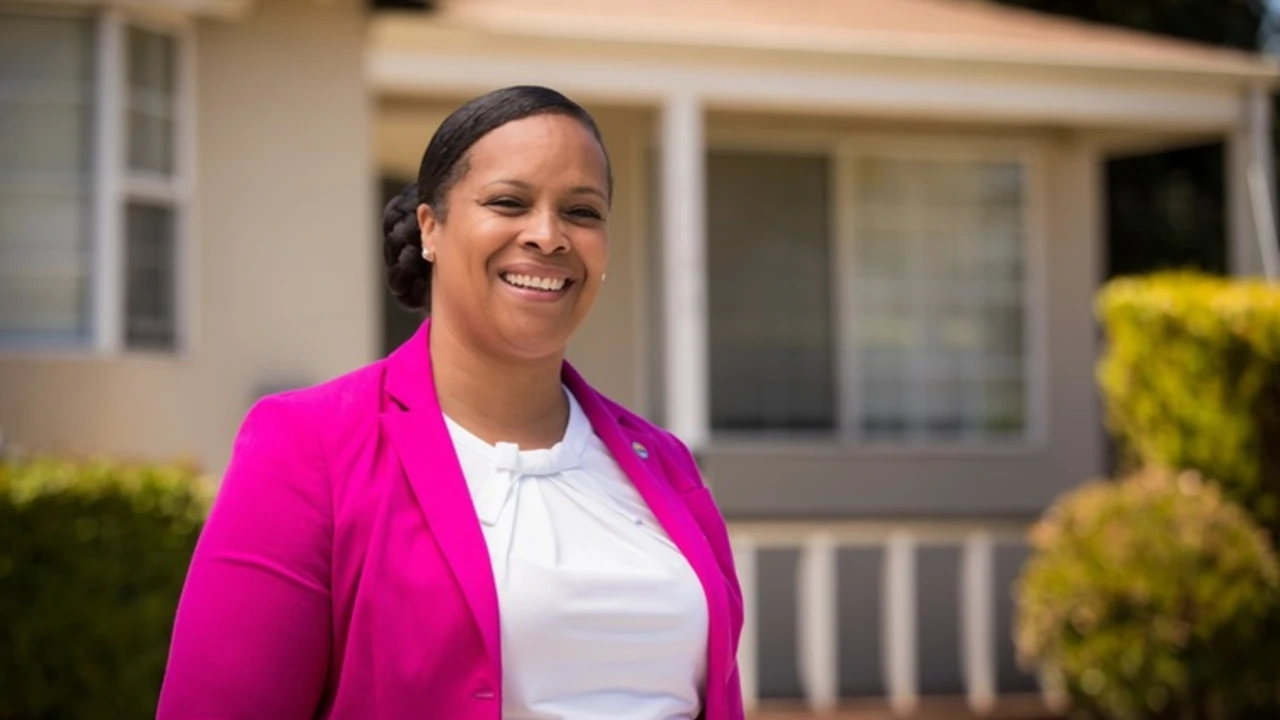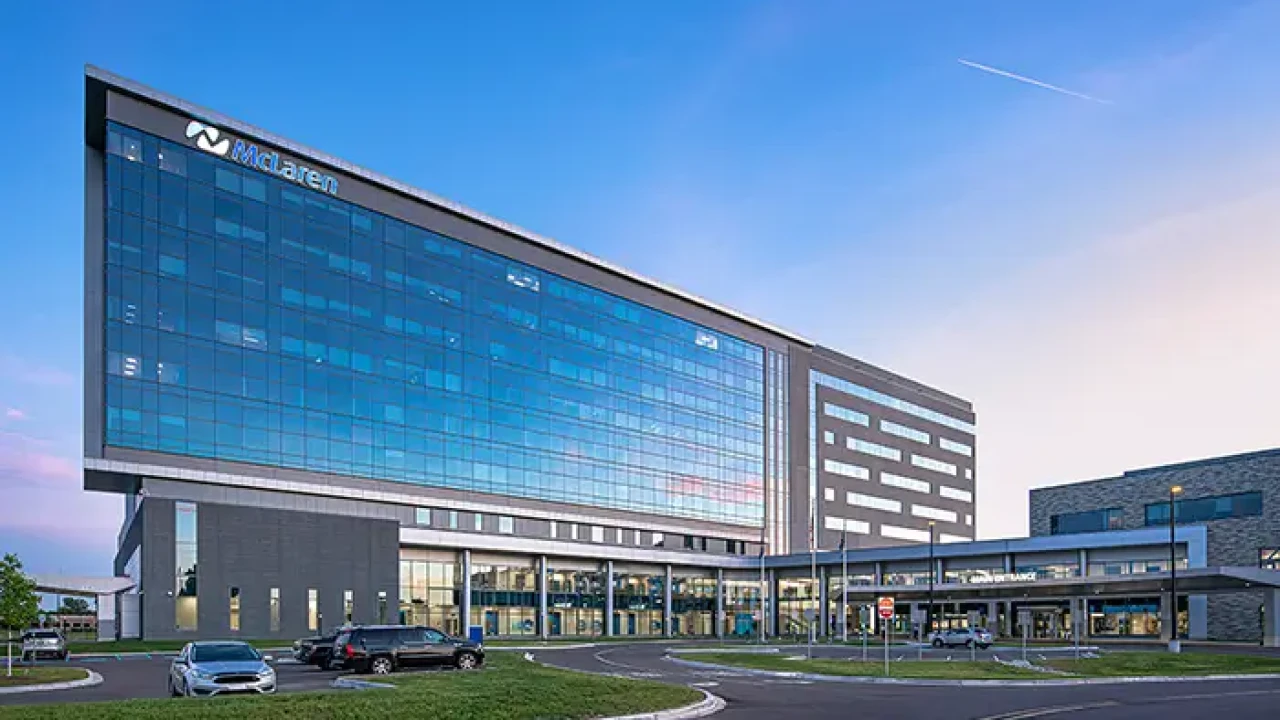New York City’s parks system needs a revenue infusion to catch up with deferred maintenance, according to Center for an Urban Future.
The think tank is urging Mayor de Blasio and the City Council to boost funding for parks in this year's budget by $100 million, and offset future costs with strategies that range from concession sales to systematic inclusion of parks funding from property developers as part of new zoning amendments.

“This really resonates across all five boroughs,” said Eli Dvorkin, the center’s editorial and policy director, said in an interview. “It’s not about politics but about quality of life.”
The 51-member council has until July 1 to act on de Blasio’s $92.5 billion executive budget for fiscal 2020. The Department of Parks and Recreation’s allocation is $540.3 million, up fractionally from last year. Its 10-year capital strategy totals $4.6 billion.
Center for an Urban Future, in a
“The underground things — drainage and retaining walls, get the least attention,” Dvorkin said.
A new citywide advocacy campaign, Play Fair for Parks, is also behind the park-funding movement.
Unmet needs will become more costly in the future, Dvorkin said.
He said the parks department gets by with 35% fewer staff than in 1976. Small problems worsen, he said, because of the deficit of skilled parks maintenance workers compared with other cities. A typical city gardener must cover 133 acres while in San Francisco, the ratio is one to 20.

Problems extend beyond horticulture. For the parks system’s miles of power lines and fixtures, there were just 27 electricians and one supervising electrician as of fiscal 2018, Dvorkin told members of the council’s parks committee. By comparison, Chicago, with less than a quarter of New York’s parks acreage, had 32 staff electricians.
“We see a lot of untapped opportunities,” Dvorkin said. Integrating more concessions into parks, for instance, could boost parks system revenues while generating opportunities for local businesses. Busy McCarren Park in Brooklyn’s Williamsburg neighborhood, for instance, lacks a refreshment stand.
Together with the mayor’s office, the parks department could boost revenues by 20% over four years and raise about $14 million for maintenance.
Tweaking rezoning to benefit parks, according to Dvorkin, could parallel Midtown East zoning, which offered density bonuses to developers who sponsored transit improvements around adjacent Grand Central Terminal. “The business community is supportive of P3 [public private partnerships],” he said.
Other options, Dvorkin said, include small surcharges on tickets to major-venue events, and on greens fees at golf courses across the boroughs.
Denver, Santa Barbara and Canadian capital Ottawa imposed such a ticket surcharge, Dvorkin said.
Separately, city Comptroller Scott Stringer, in an
Stringer recommended the department overhaul its procedures and ensure stringent monitoring of its contractors and subcontractors to meet MWBE participation goals.
Citywide, Stringer has been
"As one of the city’s highest-ranked agencies in MWBE engagement, we are committed to expanding economic opportunity for all — regardless of race, gender or ethnicity," said Crystal Howard, the parks department's assistant director of communications.
"While we have a robust program that operates pursuant to city guidelines, we look forward to continuing to improve on our progress and enhance our process even further."





